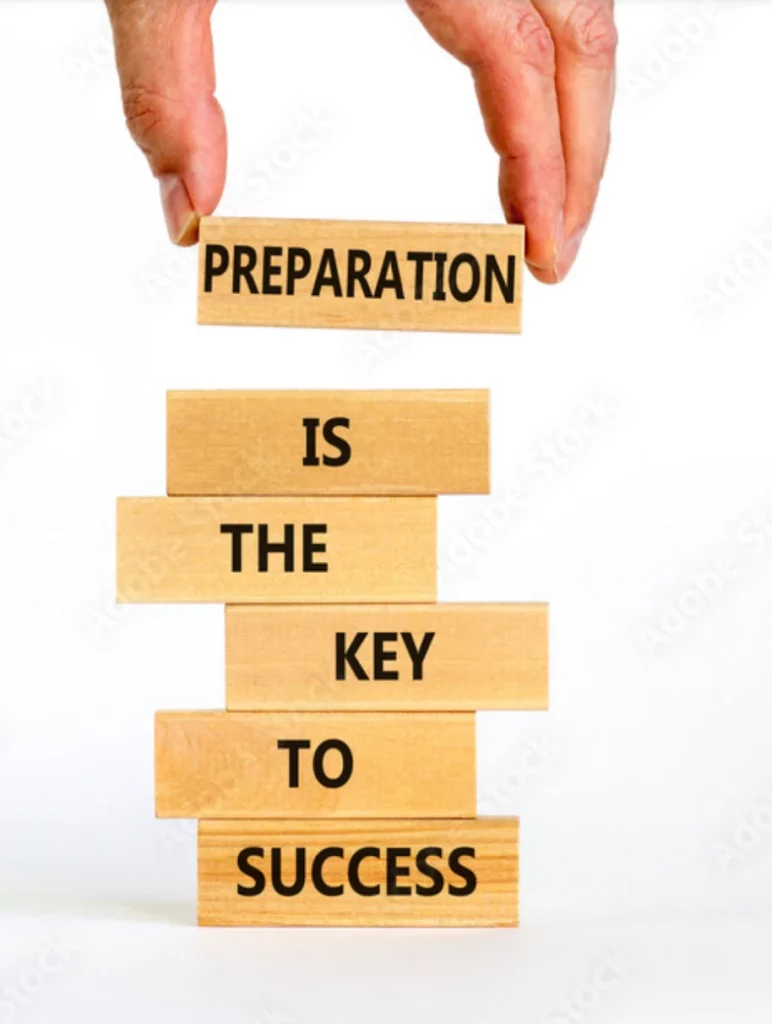When my friend and I needed permission from the college principal for a project, we had different approaches.
My friend assumed the principal would grant permission without any questions, so he went unprepared. On the other hand, I anticipated potential questions and prepared thoroughly.
Ultimately, the principal didn’t ask any questions and granted permission easily. This led my peers to label me as having a “complicated mind.” But is having a complicated mind really a bad thing?
Is a Complex Mind a Negative Trait?

Some people view over-preparation as unnecessary or even cumbersome. They argue that thinking too much about potential problems complicates simple matters and creates unnecessary stress.
However, there are advantages to being well-prepared, especially in situations where outcomes are uncertain.
The Benefits of a Complicated Mind
- Anticipating Questions and Problems: Being prepared for potential questions can prevent embarrassing situations and ensure smooth interactions. It also reflects a thorough understanding of the task at hand.
- Reducing Anxiety: Preparation can alleviate anxiety by making you feel more in control. Knowing you’ve considered possible scenarios can give you confidence.
- Enhanced Problem-Solving: A complicated mind is often adept at problem-solving because it considers multiple angles and potential outcomes. This can be particularly useful in unpredictable situations.
- Building Credibility: Demonstrating that you have thought things through can build credibility with peers, superiors, and stakeholders. It shows that you are reliable and detail-oriented.
Simplifying Isn’t Always the Best Approach
While it’s essential to avoid overthinking every situation, preparing for important tasks or meetings is beneficial.
Simplifying everything may lead to overlooking critical details or being unprepared for unexpected challenges.
The Risks of Over-Simplification
- Overlooking Details: Simplifying complex tasks can lead to missing crucial details, which may result in mistakes or poor outcomes.
- Unpreparedness: A lack of preparation can leave you vulnerable to unforeseen challenges, reducing your ability to respond effectively.
- Lowered Standards: Consistently taking the simplest approach might lead to a culture of minimal effort and reduced standards, which can affect overall performance and quality.
Balancing Simplicity and Preparation
- Evaluate the Situation: Determine the importance of the task and the likelihood of facing challenges. For significant tasks, preparation is crucial.
- Prioritize Key Areas: Focus on preparing for the most critical aspects of the task or meeting. This helps in avoiding unnecessary stress while ensuring readiness.
- Stay Flexible: Be ready to adapt your approach based on the situation. Sometimes, despite preparation, you might need to simplify on the spot.
- Learn from Experience: Reflect on past experiences to gauge the level of preparation needed for different types of tasks. Use this insight to strike a balance.
Personal Reflection
Reflecting on my experience with the principal, I realize that while my friend’s approach worked this time, it might not always yield the best results.
Preparation gave me confidence and a deeper understanding of the project, which are benefits that extend beyond the immediate task.
It’s not about having a complicated mind; it’s about being ready to handle whatever comes your way.
Tips for Effective Preparation
- Set Clear Goals: Understand what you aim to achieve with your preparation. This will help you focus on relevant areas and avoid unnecessary details.
- Gather Information: Collect all necessary information that might be needed. This includes anticipating possible questions and knowing the background of the task.
- Practice Responses: For situations like presentations or meetings, practice your responses to potential questions. This can enhance your confidence and delivery.
- Stay Organized: Keep your notes and materials organized. This makes it easier to review and ensures you don’t overlook important information.
Conclusion
Being labeled as having a “complicated mind” for preparing thoroughly isn’t necessarily a bad thing.
It shows diligence, foresight, and a proactive approach. However, finding a balance between being prepared and overthinking is key. It’s important to adapt your approach based on the situation’s demands and complexity.
In a world where both simplicity and thoroughness have their places, knowing when to apply each approach is a valuable skill.

Leave a Reply